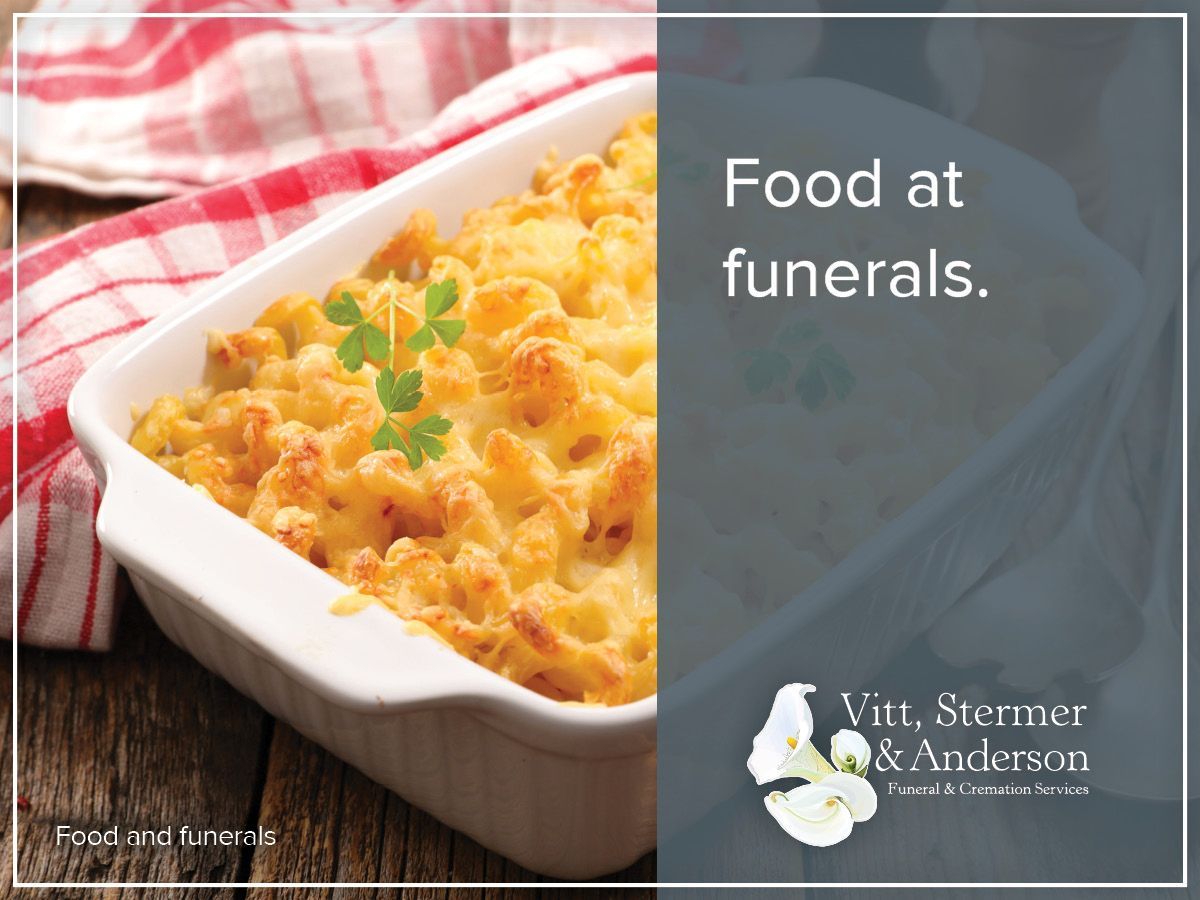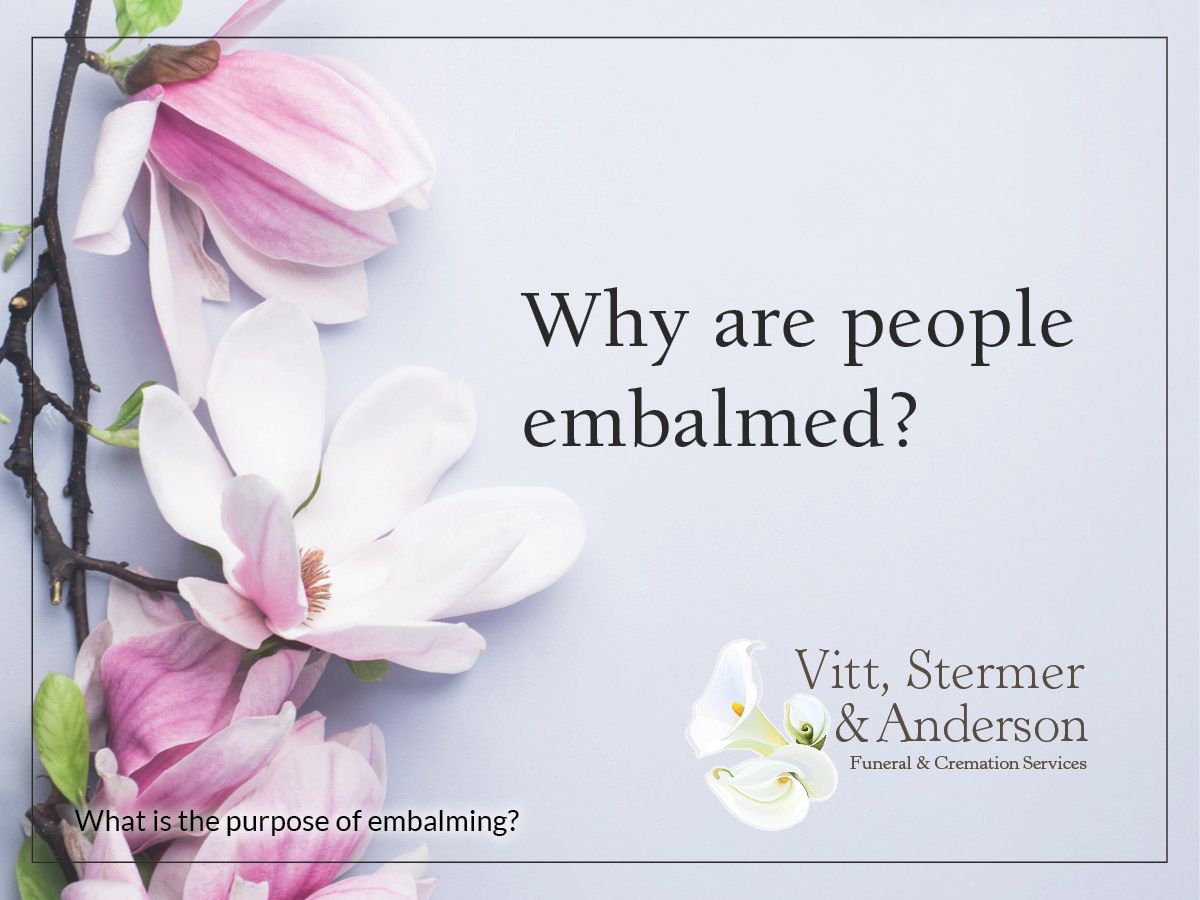Can I Be Buried with My Beloved Pet?
With 70 percent of United States households owning a pet, it’s no wonder why funeral directors are often asked if someone can be buried with an animal they love so dearly. But pets are more than just animals. They’re part of our families. And just as we want to spend eternity with the people we love, we often want to spend forever with the pets who affected our lives. But can you be buried with your pet? Let’s break down your options.
Can I be buried with my pet?
When it comes to any form of burial, the best way to know for sure what’s allowed is by consulting your state’s laws and contacting the cemetery you’d like to be buried in. For the burial of pets, state laws vary greatly. In most states, it’s not illegal to bury a pet in a human cemetery.
However, most cemeteries do not offer this service, mainly so as not to offend the other families who are burying their loved ones there. In some states, like Pennsylvania, cemeteries may have separate sections for the burials of pets or for the burials of pets with their humans. Some states allow for humans to be buried in pet cemeteries. However, it’s worth noting that most of these situations require the burial of cremated remains, not full-body burials. Most pet cemeteries do not have the space for the full-body burial of humans.
Whole-family cemeteries are working to change that. Whole-family cemeteries acknowledge that pets are a part of the family. Although many of these facilities allow for the full-body burials of both pets and their human companions, the rules and restrictions in each of these cemeteries vary. The advocacy group Green Pet-Burial Society keeps a list of all of the whole-family cemeteries currently in the United States, as well as a list of cemeteries with separate sections where a pet may be buried.
Can my pet’s ashes be placed in my coffin?
If your pet passes before you, one of the easiest ways to be buried together is by placing their cremated remains in your coffin. As with any burial practice, it’s essential to check with the cemetery to ensure that you’re allowed to have a pet’s ashes in your coffin. But, generally, this action is accepted at most cemeteries.
Before you pass, be sure to let your next-of-kin know that you’d like your pet’s cremated remains buried with you. Your next-of-kin should provide the ashes to your funeral director to ensure that the pet’s cremated remains go where they need to go on the day of the funeral. Your funeral director should check with the cemetery to be sure that the ashes are allowed if you have not already cleared your decision with the cemetery yourself.
What happens if I pass before my pet does?
In most cases, if you pass before your pet does, a cemetery will not exhume your body to then bury your pet with you. However, in whole-family cemeteries, you can arrange for your pet to be buried with you at a later time. Green Pet-Burial Society advocates for you to set up a pet trust, which allows you to organize and fund the future care of your pet in the event of your passing or inability to care for the animal. Be sure to make your wishes for your pet’s burial clear to the future carer, and only choose a caretaker you fully trust to tend to your pet.
Sadly, some people choose to euthanize their pets to ensure that they can be buried together, which is a significant reason why the Green Pet-Burial Society promotes the use of a whole-family cemetery. Because a pet can be buried at a later date, their caretaker does not have to be concerned about an inability to be buried together if they pass on before their pet.
One of the easiest ways to be buried with your pet is by placing their ashes in your coffin. However, if your pet does not pass before you do, you may want to consider looking into whole-family cemeteries and make a plan for your pet’s future care and burial. If you have a beloved pet that you’d like to be buried with, talk to your funeral director about your options. They may have additional ideas about where and how you and your companion can spend forever together.












